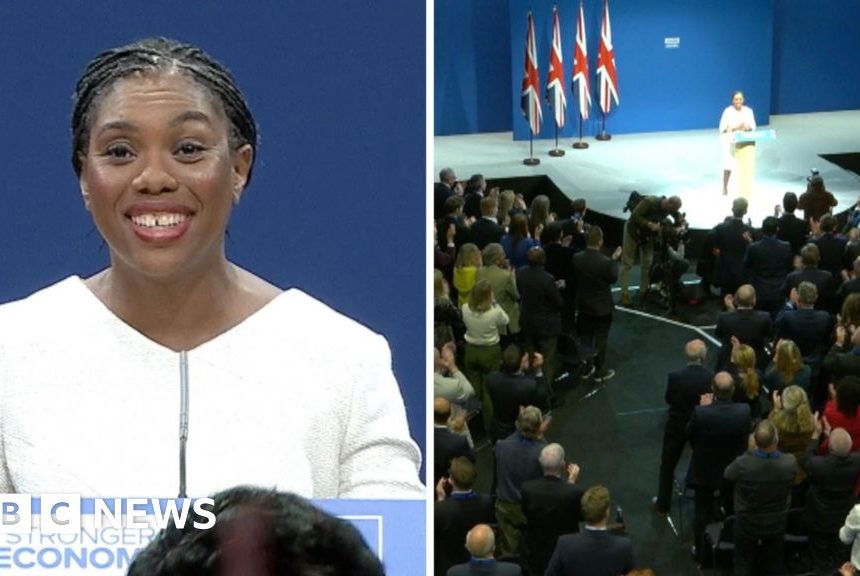Like most Spaniards alive today, I was born after the death of Franco 50 years ago. Even for my parents’ generation, the dictatorship that lasted from 1939 until 20 November 1975 is today a distant bad dream. Growing up, the stories I heard were mostly about the post-Franco democratic transition, a time full of promise and energy as younger people set about rebuilding everything from scratch.
My mother, who was pregnant with me when she voted in the first free elections in 1977, talks about that time as the happiest of her life. International media reporting from that year described “a broad optimism” in a soon-to-be “healthy, modern, lively nation”.
Writing in October 1977, the philosopher and former political prisoner Julián Marías commented: “The Franco years seem incredibly distant; almost everything that seemed impossible has already taken place.” It had been less than two years since Franco’s death, and there was not yet a full democratic system or a constitution in place.
As in many European countries, those years were also marked by political violence and economic crises. One of my earliest memories is of fear, confusion and radio bulletins during the attempted coup d’etat in February 1981.
Still, looking back, it was extraordinary how Spain went from a poor, isolated, rural country to a dynamic democracy that, within a few years, outpaced most of Europe in terms of openness and social rights. In 50 years, GDP has multiplied by a factor of more than 15 in today’s money, the value of exports has increased almost eightfold, and the number of employed people has almost doubled in a country that has gone from 35m to almost 50m inhabitants. Same-sex marriage was legalised in 2005, around a decade before it was recognised in the US, UK or Germany.
The transition to democracy was remarkably smooth given its pace; some of that was thanks to European funds and support. But in seeking to balance justice and reconciliation, Spain leaned heavily towards the latter. Few of the dictatorship’s crimes were prosecuted, and as the years passed, amnesty turned into amnesia.
Former officials of the Franco regime were absorbed into political parties – mostly the forerunner of today’s People’s party (Partido Popular). There was no public reckoning for millionaires or big companies that sustained the regime and, by extension, decades of repression and human rights abuses. Spain even kept as head of state King Juan Carlos, who had been chosen by Franco as his successor in an almost “filial relationship”, as the disgraced former king writes in a new memoir. Juan Carlos’s own role in the democratic transition and the attempted coup is still contested.
Today, the Franco era is taught in schools, but at the end of a packed history syllabus that many teachers have to rush through in the final high school year. It was largely absent from public debate until the centre-left government of José Luis Rodríguez Zapatero passed the first historical memory law in 2007, and began removing Franco statues and other symbols, investing in national archives and supporting the search for the remains of those killed during the civil war of the 1930s.
Pedro Sánchez has gone even further, introducing new legislation and implementing the existing law. The most symbolic gesture was the removal, in 2019, of Franco’s remains and tomb from Valle de los Caídos (the Valley of the Fallen), now renamed Valle de Cuelgamuros, a mausoleum built by political prisoners on the outskirts of Madrid, where he had been laid to rest and honoured for decades – among his victims. A new project will transform the site, which for the first time will feature display panels, documentary artefacts and recordings explaining its dark history.
This is significant, because openly and publicly telling the history of Francoism has been missing in Spain for far too long. More important than removing symbols is explaining them. Spain does not even have a museum of national history, and it lags behind Germany, Italy, Portugal and even younger democracies such as Slovenia, in confronting its past and putting it on display.
Politicians on the right are now resisting many of these efforts, with historical memory becoming yet another partisan issue. Even Spain’s transition to democracy, once idealised and long a source of pride, has come under question as political consensus has fractured.
after newsletter promotion
In Spain we are not good at dealing with the past, as other dark chapters in more recent history show, particularly regarding terrorism. But when you don’t fully reckon with the past, it can return to haunt you.
My mother is often surprised and distressed in equal measure to see very young people – even if it’s a tiny minority – making fascist salutes or singing Franco’s anthem, or to hear leaders of Vox, the far-right party, making light of the dictatorship’s crimes. In the past few months, my mother speaks much more often about her own memories: running in front of the mounted police – los grises, so called for their grey uniforms – during protests at her university against the final executions ordered by Franco; whispering about her cousin crossing into France to meet political activists; and wondering about her long-lost uncle who may have been a victim of repression.
“Life was grey,” she would say now. She is shocked, as are many who lived through the dictatorship, that anyone in today’s Spain could embrace that troubled past. Those people should know better. But they should have been taught better as well.
There is no danger in Spain of Francoism coming back, but forgetting history can make you take for granted the democratic freedoms that need constant vigilance and protection.


